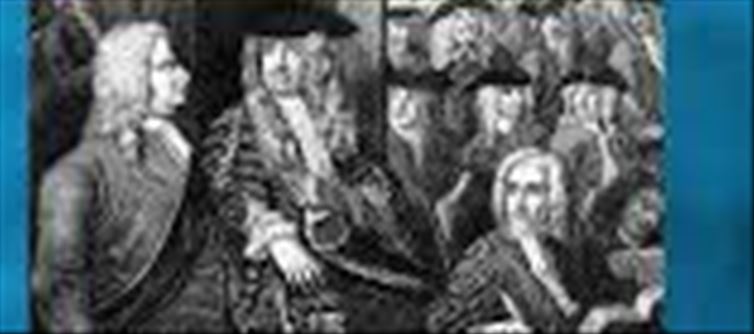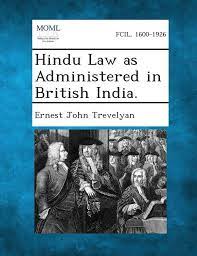
What is Hindu Code Bill and politics about UCC?
Explain that the Hindu Code Bill Committee was formed in 1941, but it took 14 years to pass the law. This law could not be passed as a uniform act. It was passed in the form of three separate Acts, the Hindu marriage Act, 1955; Hindu Succession Act, 1956; and the Hindu Adoption and Maintenance Act, 1956.

Faizan mustafa wrote in an article in The indian Express that all the reforms could not be included due to opposition from the right wing. Even congress leaders like Sardar Vallabhbhai Patel, Pattabhi Sitaramaiah, MA Iyengar, madan Mohan Malaviya and Kailash Nath Katju opposed such reforms. In the debate on the Hindu Code Bill in 1949, 23 out of 28 speakers opposed it.
It is further written in this article that in 1949, Hindu right-wingers formed an All india Anti-Hindu Code Bill Committee under the leadership of Swami Karpatriji Maharaj. Who justified Hindu polygamy. The kalyan Patrika of Geeta press published several articles which supported polygamy, opposed the right of daughter's inheritance and questioned the authority of the Constituent assembly to legislate on religious matters.
Later, Syama prasad Mukherjee, the founder of the Bharatiya Jana Sangh, said in the parliament that instead of the Hindu Code Bill, the government should bring a Uniform Civil Code. Although this argument had merit, reforming the laws of the majority community is easier than reforming the laws of the minority. Many Muslim countries, including Pakistan, have been able to reform Muslim laws, but they have still not been able to reform the laws of their minority communities. Controversy continued about this.
Similarly, in 1951, when the issue regarding UCC was raised in the parliament, Dr. BR Ambedkar had to resign from the post of Law Minister. On september 15, 1951, President Dr. rajendra prasad threatened to return the bill or veto it. prime minister Jawaharlal Nehru also accepted defeat, the bill was not passed. After many years this law was passed, so through this law daughters were not given share in the property of Hindu joint family. This amendment came in 2005 during the UPA regime.




 click and follow Indiaherald WhatsApp channel
click and follow Indiaherald WhatsApp channel